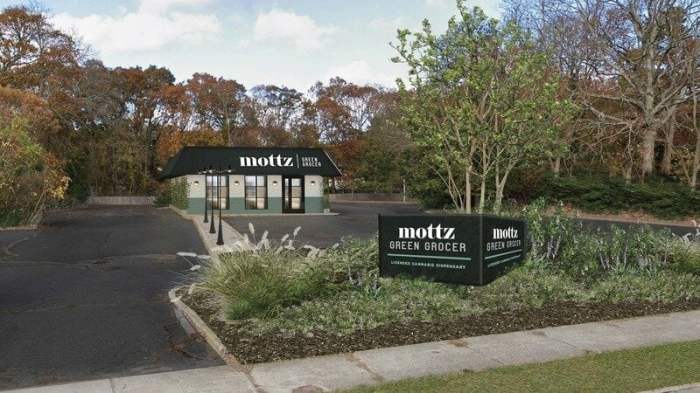Mineola attorney aids in passage of landmark law

With the passage of the 2017-18 New York State Budget came a slew of legislative reforms in the area of criminal law. While most were quick to recognize the provision that involved raising the state’s age of criminal responsibility, the addition of a new section to the Criminal Procedural Law (160.59), was largely overlooked.
Under this provision, those who have been previously convicted will now have the chance to seal their criminal records, so long as they meet the outlined criteria.
The law permits two eligible offenses to be sealed, but not more than one eligible felony offense. To qualify, 10 years must have passed since the imposition of the sentence on the most recent conviction, and the applicant cannot have any pending charges or have any criminal convictions within the preceding 10 years.
The landmark legislation, which will allow tens of thousands of New Yorkers to eliminate barriers in the way of employment and other opportunities, was spearheaded by local attorney Rick Collins, founding partner at Collins Gann McCloskey & Barry PLLC.
“New York was one of a minority of states that really didn’t have some type of mechanism for people who were convicted of a crime many years ago to ultimately get that put behind them, and it’s become something that’s much more important now,” said Collins. “Twenty, 30, 40 years ago, if you had a prior conviction, there was no real way for employers to know about it. Now, number one, the Internet makes everything available, everything that happens is memorialized forever through Google, and number two, employers much more routinely do background checks as part of the process.”
Collins, whose firm is located at 138 Mineola Blvd., has been pushing for legislative reform for those with prior offenses for years, serving as co-chairman of the New York State Bar Association Criminal Justice Section Sealing Committee and the co-author of the committee’s Report and Recommendations to conditionally seal certain low-level criminal convictions.
After hearing countless personal accounts, Collins was compelled to make a change for those who once made regrettable decisions resulting in misdemeanors and low-grade felonies, much of which are centered around drug sales and possession, misdemeanor assault and petty theft.
“What most of the research shows, and just from what I’ve heard from real people, is that the effects of a conviction can have so many horrific effects on a person’s life, everything from a job, to getting into school, to getting financial aid, to getting a loan or mortgage, to adopting a kid, the list goes on and on,” said Collins. “It’s amazing the way something you may have done many years ago when you were a different person can follow you around for the rest of your life.”
Crimes that deal with sex offenses, homicides and other violent acts are among the crimes that are still ineligible for sealing.
Even if one is legally eligible, there is still a process by which one must make an application, typically through a lawyer, to a judge with notice to the district attorney. The applicant must list the reasons why sealing their record is necessary, and explain what they have been doing for the past 10 years that proves they are a law-abiding citizen worthy of an approved sealing.
Before this law, in the state of New York, a criminal record was a lifelong affair, available to employers as part of any civil background check. Sealing implies that the conviction at hand would no longer be available to the public, but could still be identified by law enforcement if necessary.
Similar laws exist in nearby states like Connecticut and New Jersey, often referred to as expungement.
The law is set to take effect in New York in October, but many Long Island residents have already begun expressing interest in seeking Collins’ legal expertise on the matter.
For more information about criminal record sealing in New York, visit www.newyorksealinglaw.com, or call 516-294-0300. To contact Collins, call 516-294-0300.


































